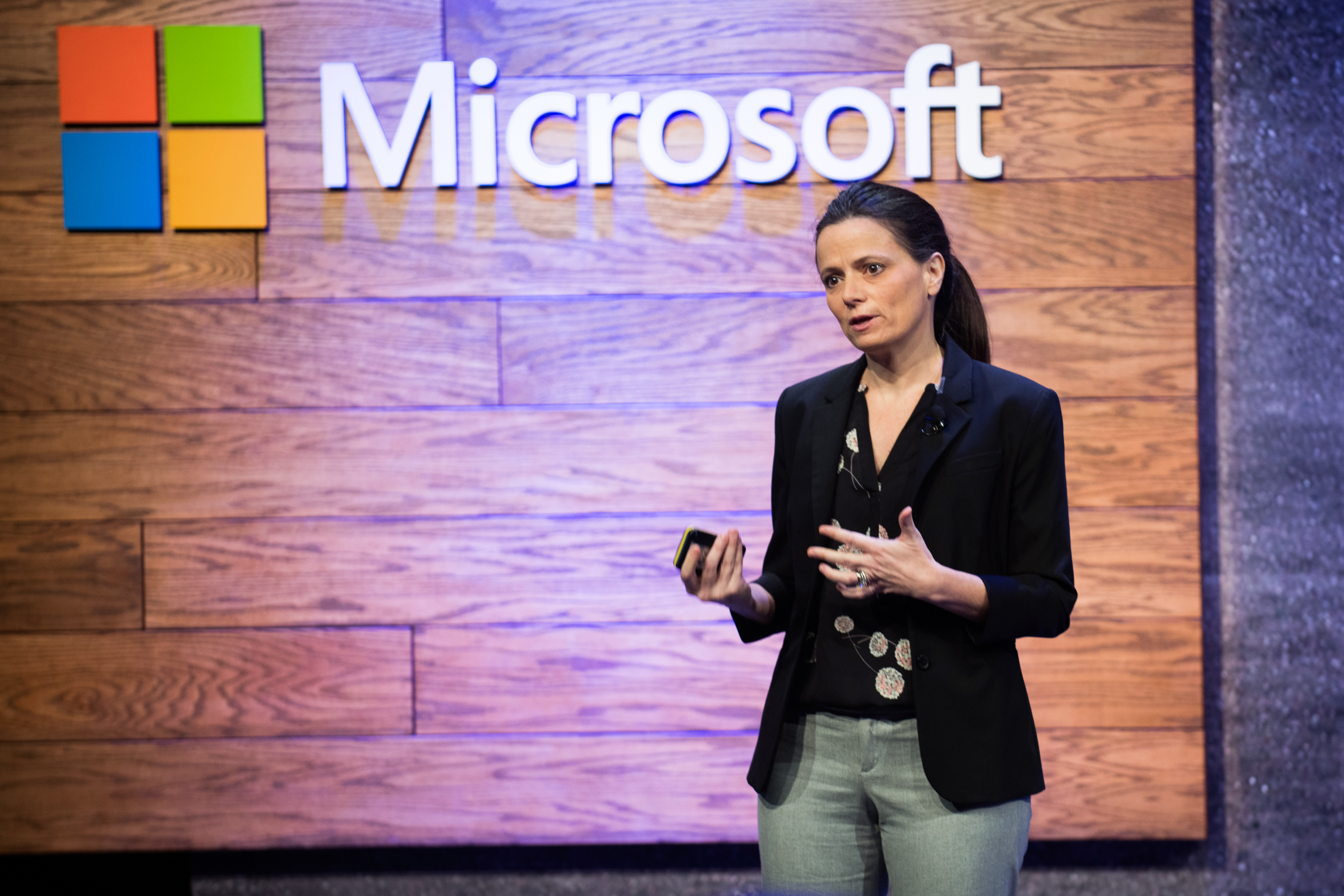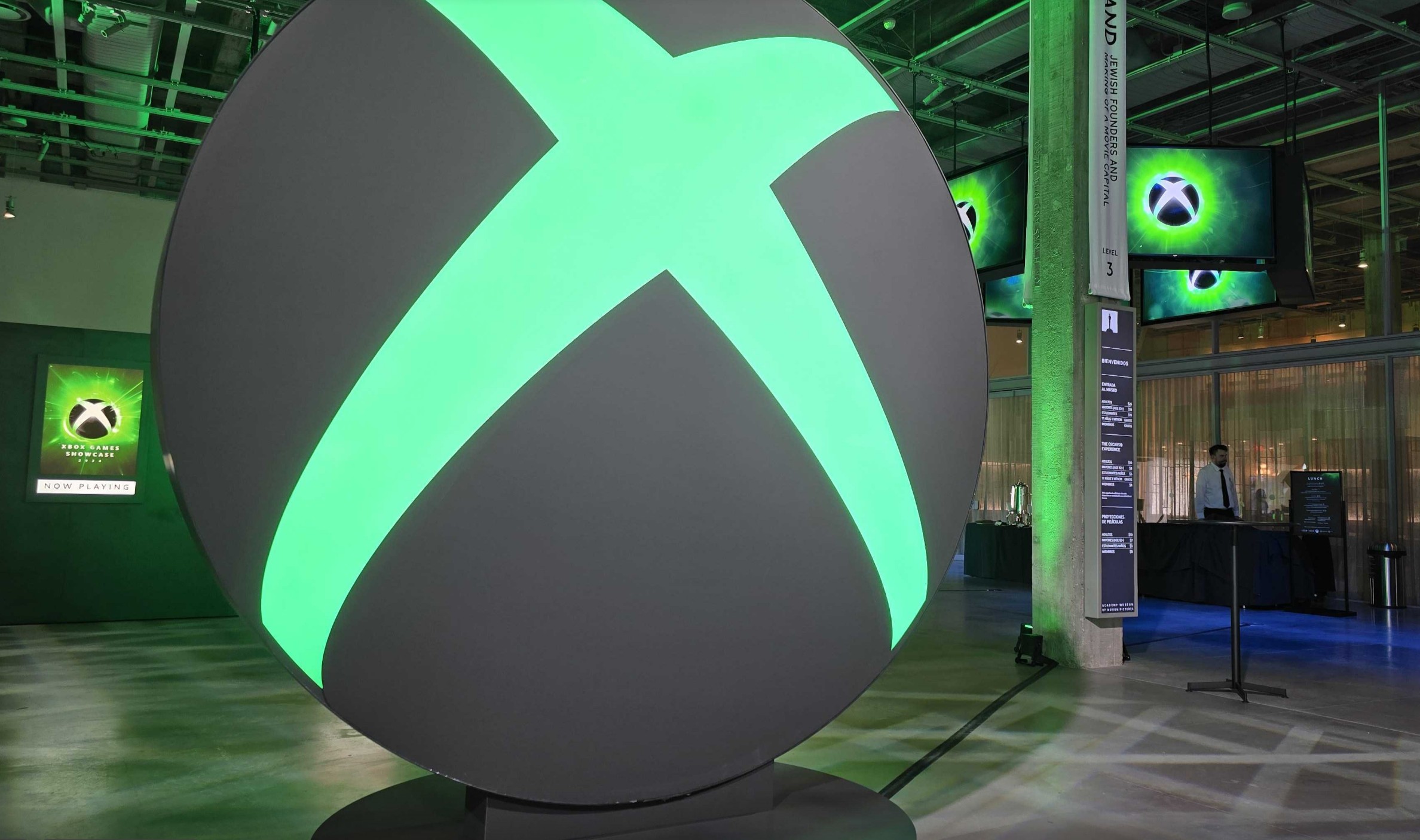Inside Xbox’s profit pressure — How a 30% margin target is reshaping everything from studios to strategy (and upsetting fans)
Microsoft CFO Amy Hood has forced Xbox to deliver an industry margin far beyond what is typical for gaming in general, which will devastate the business if not rectified soon.

All the latest news, reviews, and guides for Windows and Xbox diehards.
You are now subscribed
Your newsletter sign-up was successful
Over the summer, I said on my Xbox Two Podcast that I'd heard a rumor that Microsoft was forcing Xbox to deliver a 30% profit margin. However, unable to land enough concrete evidence — I'd hoped the insane figure had been hearsay. It must've been, right?
Apparently, it isn't.
Bloomberg reporters Dina Bass and Jason Schrier just revealed that Microsoft CFO Amy Hood is indeed asking Xbox to meet an "accountability margin" of 30%, which is far, far in excess of reasonable targets for the video game industry, and in particular, the gaming hardware industry.
Over the past few years, Microsoft's gaming division has undergone some insane and self-destructive transitions, cutting studios, slashing marketing budgets, and sprinting to release games on rival platforms to the detriment of its own. Microsoft has also rapidly hiked prices, harming customers while laying off literal thousands, reducing any semblance of goodwill Xbox had left to zero.
The changes, according to Bloomberg, coincide with Microsoft CFO Amy Hood taking a greater role in the gaming business at Xbox. The 30% profit demands are far beyond industry averages, which range in the low twenties at best.
I've been writing for a while about how my sources have been blaming Amy Hood for the major issues at Xbox right now, as Microsoft doubles down on short-termism and shareholder pandering over long-term goals and customer feedback.

The cancellation of promising games like Perfect Dark, Contraband, and others is a direct result of Xbox's lead Phil Spencer, Sarah Bond, and Tim Stuart attempting to balance Microsoft's corporate demands without tanking the entire business. The amount of strain this arbitrary goal has put on Xbox cannot be overstated, as staffers, customers, and even third-party developers feel the gradual toxification of the Xbox brand.
In response, Microsoft issued the following statement, which doesn't really address the chaos the firm has embraced over the past couple of years.
UPDATE (October 23, 2025): Microsoft has provided the following statement, which was offered in parts on the original report from Bloomberg. "We take a long-term view in how we run our business and set goals. We aim high but stay flexible, knowing that success doesn’t look the same across every project or priority. We look at the business as a whole, balancing creativity, innovation, and sustainability across a diverse portfolio of offerings. As with any creative business, sometimes that means making hard decisions and stopping work on things that are no longer working for a variety of reasons, and shifting resources toward the projects that are more aligned with our direction and priorities. And while each team and project might vary from each other, one goal we share across the whole business is to make great games and deliver experiences our players will enjoy for years to come."
Over the summer, Microsoft attempted to raise the base price of its games to $80, a move that was met with significant public backlash. Instead, they decided to re-work the Xbox Game Pass tiers, targeting the most sticky and dedicated Xbox Game Pass Ultimate subscribers with an extortionate 50% price hike. Xbox Series X|S game consoles have also seen aggressive price increases, and even Xbox developmental kits have as well.
The inconsistent messaging and seemingly desperate price hikes have people questioning whether or not Microsoft is deliberately sabotaging Xbox, and it certainly seems that way. Microsoft has been forced to repeatedly come out and deny that it is looking to kill Xbox hardware and deny that retailers are cancelling orders.
With Activision-Blizzard, Microsoft's gaming division surpassed Windows itself in the firm's diversified business. With the AI boom fuelling Microsoft's share price, CEO Satya Nadella is enjoying a near $100 million pay packet in stock incentives, which preclude gaming from the equation.
With analysts and speculators trying to figure out whether or not the "AI boom" is actually predicting a gigantic AI bust, you'd think Microsoft would want to ensure its diversified business model remains healthy to reduce exposure. Apparently not.
The sprint of short-term thinking and anti-customer ideology will not only fail to deliver its desired 30% profit margins, but it will serve only to crater the only viable consumer brand Microsoft has left.
When will the insane greed end?
FAQ
What’s happening with Xbox’s profit margin?
According to reports, Microsoft CFO Amy Hood has set a target for Xbox to deliver a 30% profit margin, which is unusually high for a gaming division. This aggressive goal is reshaping how Xbox operates — from pricing to partnerships.
Why is a 30% margin considered “insane”?
Most gaming platforms operate on much thinner margins, especially when factoring in hardware costs, game development, and subscription services. A 30% margin suggests major cost-cutting or revenue-boosting measures, which can disrupt studios, developers, and consumers.
How is this affecting Xbox’s strategy?
The pressure to hit high margins may explain recent moves like price hikes, studio closures, and a stronger push toward subscription models and cloud gaming. It’s also fueling speculation about Xbox’s long-term commitment to traditional console gaming.
What does this mean for game developers?
Developers may face tighter budgets, more monetization pressure, and shifting priorities toward games that align with Microsoft’s financial goals. Some insiders suggest this could lead to fewer experimental titles and more focus on proven franchises.
Is this profit push connected to broader Microsoft trends?
Yes — Microsoft is increasingly focused on AI, cloud services, and enterprise growth, and Xbox is being asked to align with that vision. The 30% margin target reflects a shift from Xbox as a passion project to Xbox as a business unit, expected to operate in the same way to some of its b2b divisions — despite actually being an entertainment business.

Follow Windows Central on Google News to keep our latest news, insights, and features at the top of your feeds!

Jez Corden is the Executive Editor at Windows Central, focusing primarily on all things Xbox and gaming. Jez is known for breaking exclusive news and analysis as relates to the Microsoft ecosystem — while being powered by tea. Follow on X.com/JezCorden and tune in to the XB2 Podcast, all about, you guessed it, Xbox!
You must confirm your public display name before commenting
Please logout and then login again, you will then be prompted to enter your display name.
